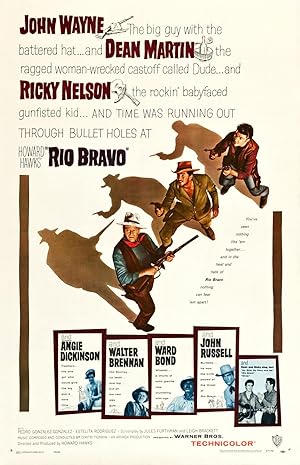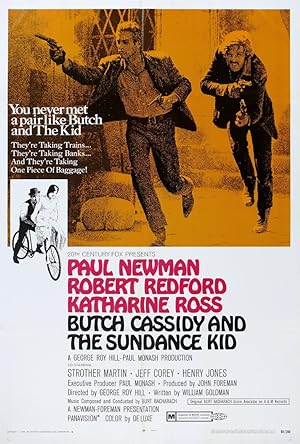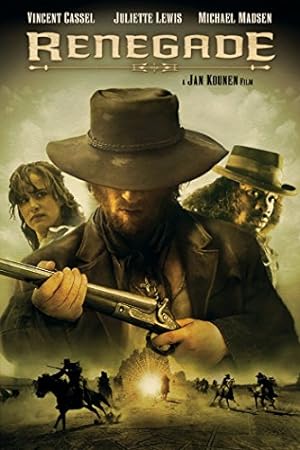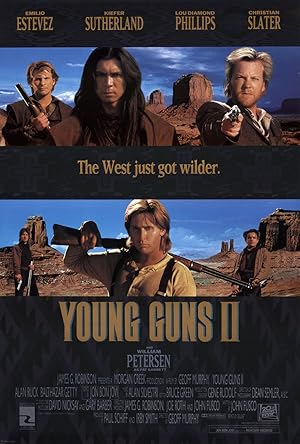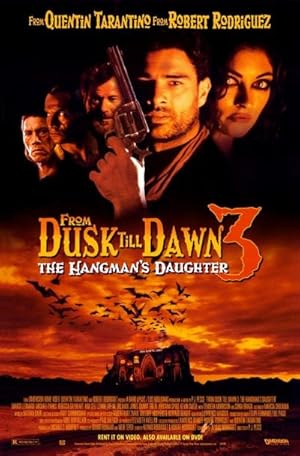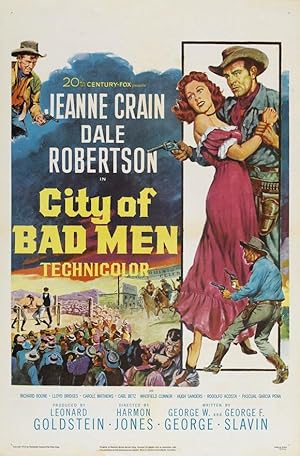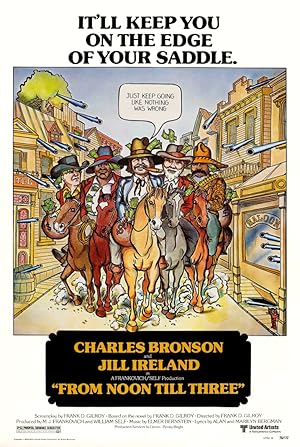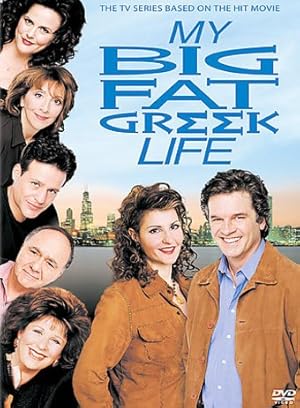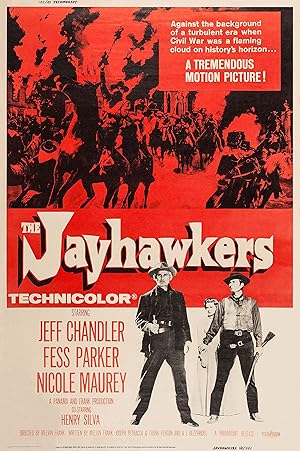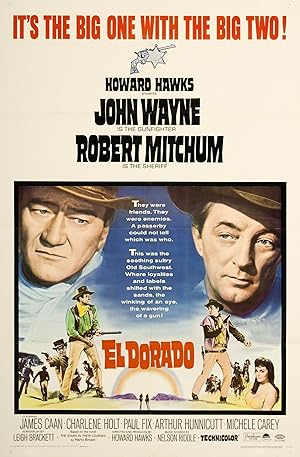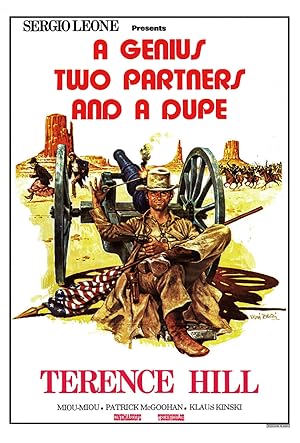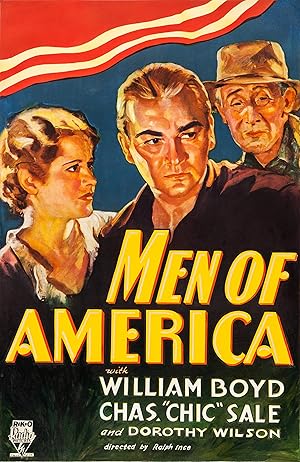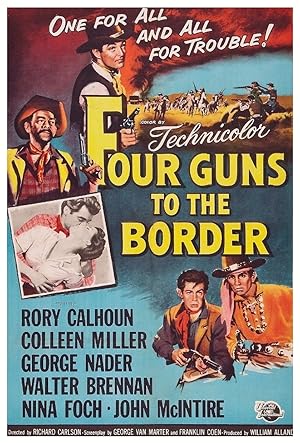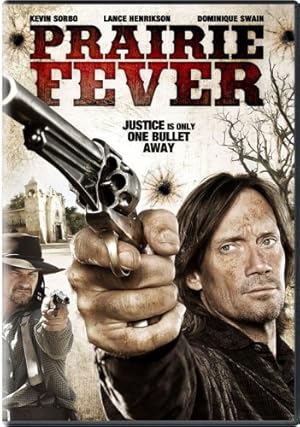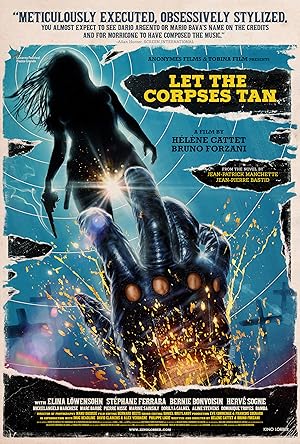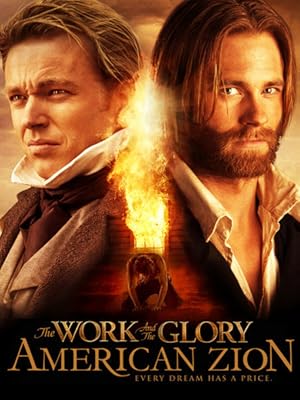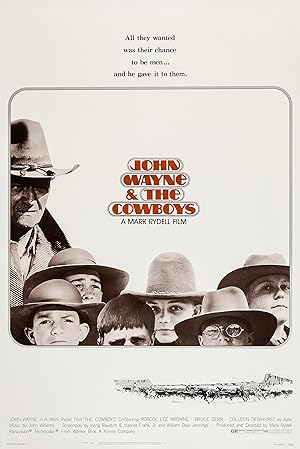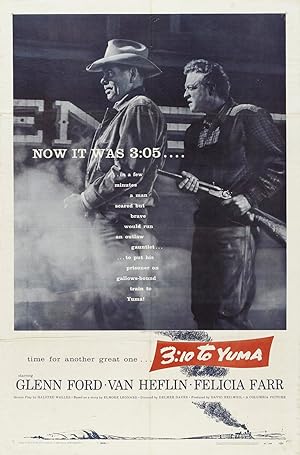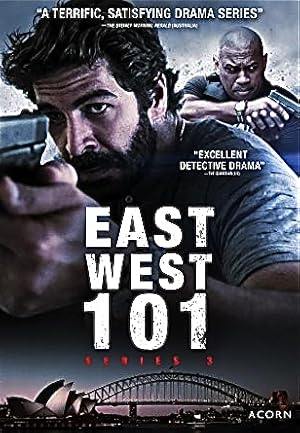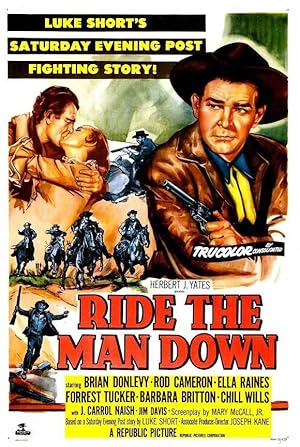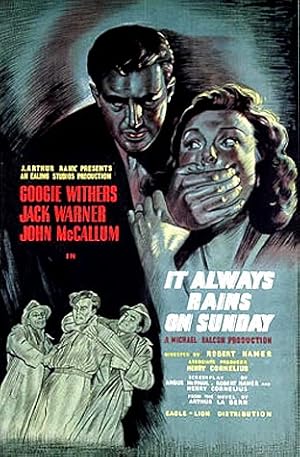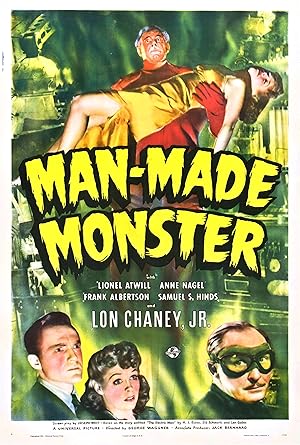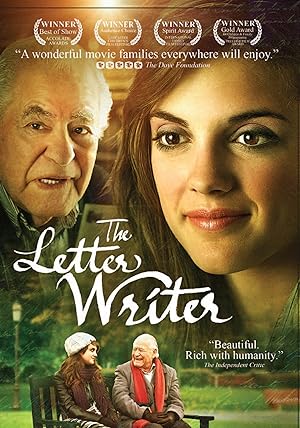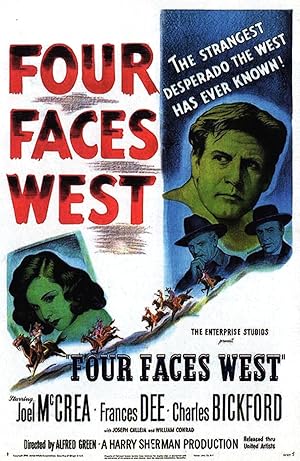
- HD 1080
- Runtime: 89m.
- Status: Released
2
- Languages: en
- Country: United States of America
- Director: Alfred E. Green
- Stars: Joel McCrea, Frances Dee, Charles Bickford, Joseph Calleia, William Conrad
- keywords: based on novel or book, nurse, new mexico, outlaw, bank robbery, gambler, posse, diphtheria, pat garrett, manhunt, man on the run
- Production_studio: Enterprise Productions, Harry Sherman Productions, United Artists
- Slogan: The Strangest Desperado the West has Ever Known!
- The Four Faces West is featured in the top rankings of 1948
- #23 in Top Western Movies of 1948
Cowboy Ross McEwen arrives in town. He asks the banker for a loan of $2000. When the banker asks about securing a loan that large, McEwen shows him his six-gun collateral. The banker hands over the money in exchange for an I.O.U., signed "Jefferson Davis". McEwen rides out of town and catches a train, but not before being bitten by a rattler. On the train, a nurse, Miss Hollister, tends to his wound. A posse searches the train, but McEwen manages to escape notice. However a mysterious Mexican has taken note of the cowboy, and that loudmouthed brat is still nosing around. Who will be the first to claim the reward for the robber's capture?
